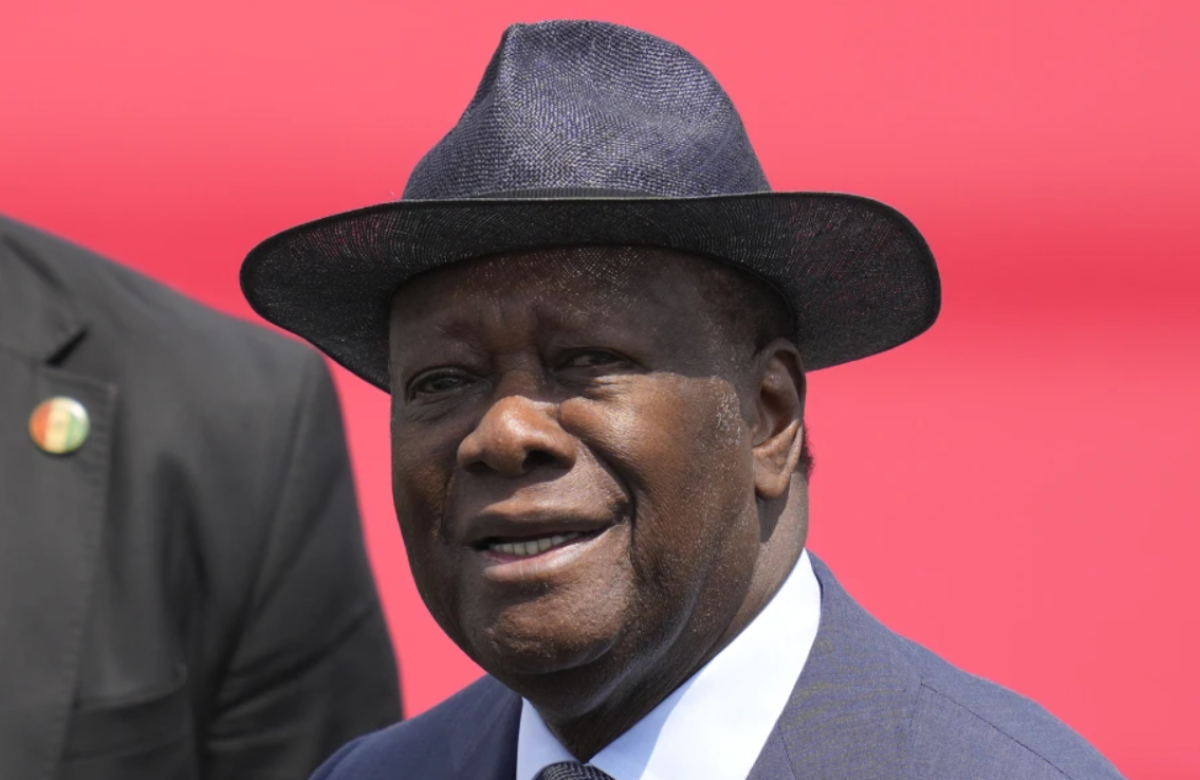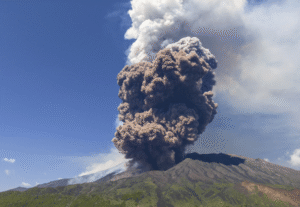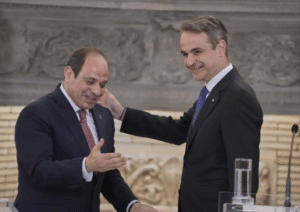Ivory Coast’s President Alassane Ouattara announced on Tuesday that he will run for a fourth term in the upcoming October elections. His decision follows a constitutional change that removed the presidential term limit, making his candidacy controversial.
The 83-year-old leader made his intentions known during a televised address. He secured a third term in 2020 after initially stating he would not run again. However, he reversed course following the death of his chosen successor, Prime Minister Amadou Gon Coulibaly.
“I am a candidate because the constitution permits me to run again, and my health supports it,” Ouattara said.
Ouattara’s main challenger, Tidjane Thiam, has been disqualified by a court ruling. The decision was based on Thiam’s dual citizenship status; he was still a French citizen when he declared his candidacy, although he has since renounced French nationality. Ivorian law prohibits dual nationals from running for president.
Ivory Coast’s elections have historically been marked by tension and violence. Ouattara’s announcement to pursue a third term in 2020 led to deadly unrest. Protests have also erupted in response to the court’s ban on Thiam’s candidacy.
Ouattara joins a growing list of West African leaders who have extended their time in office by altering constitutional term limits.
Meanwhile, military coup leaders in the region have used accusations of corruption within democratic governments and constitutional changes as justification for seizing power. This has caused divisions within the regional economic bloc, ECOWAS.
Nat Powell, an Africa analyst at Oxford Analytica, said Ouattara’s decision highlights the legitimacy crisis facing many governments in the region. He added that it makes leaders like Ouattara appear hypocritical.
Ouattara defended his bid by pointing to the significant security, economic, and financial challenges Ivory Coast currently faces, which he believes require experienced leadership.
Over the last decade, extremist groups linked to al-Qaida and Islamic State have expanded from the Sahel region into wealthier West African coastal nations such as Ivory Coast, Togo, and Benin.
Additionally, Ivory Coast’s economy has been strained by U.S. tariffs and climate change impacts affecting its critical cocoa industry. The country is the largest global exporter of cocoa beans, supplying over one-third of the world’s demand.
Also Read:
Brazil’s former President Bolsonaro ordered to wear an electronic ankle monitor
US-EU Trade War Risk Grows as Trump Meets European Leader in Scotland













